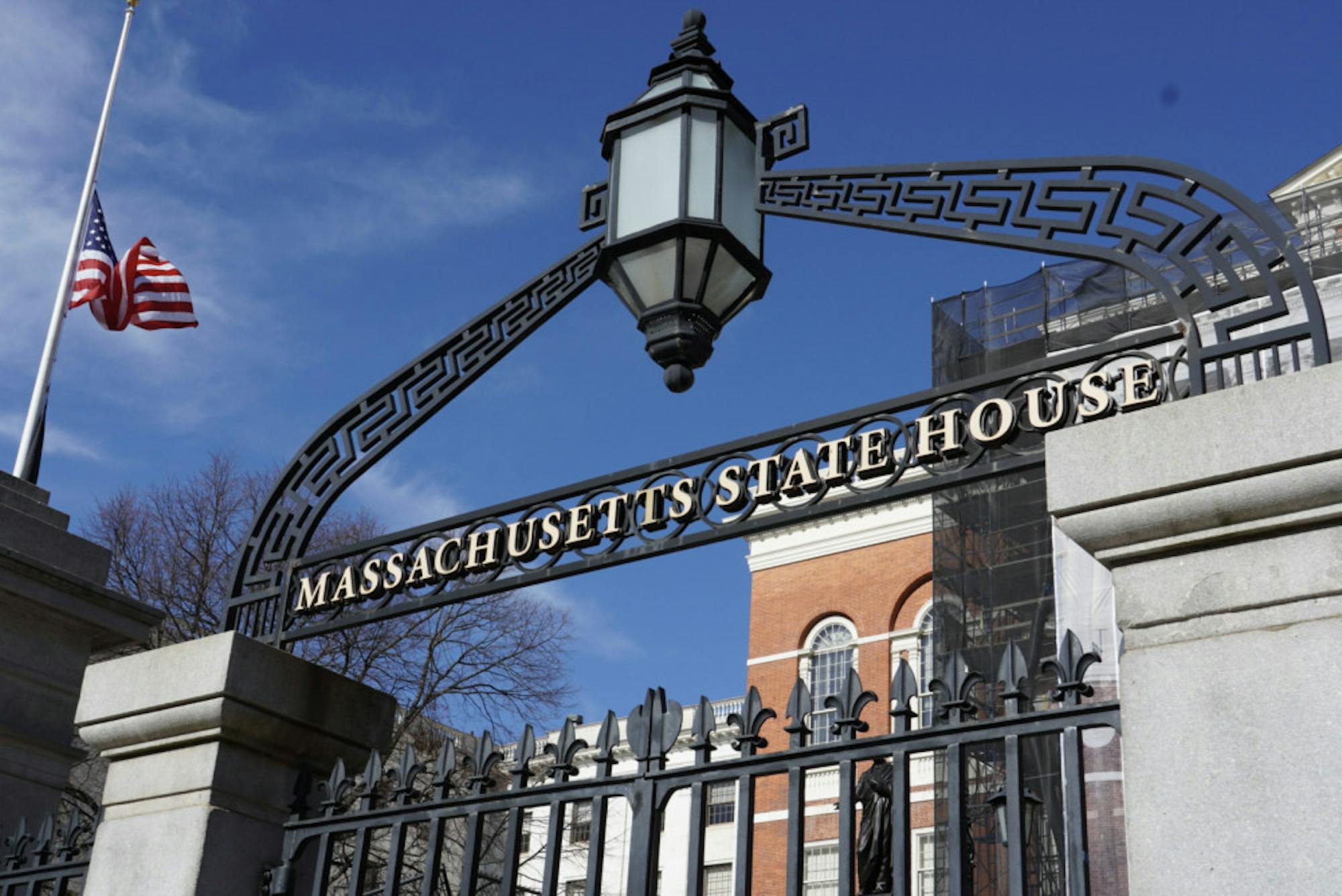Proposed legislation to reform the Payment in Lieu of Taxes (PILOT) program is currently under review in the Massachusetts state legislature by the Joint Committee on Revenue. Bill H.3080, which was filed in February 2021 by State Representative Erika Uyterhoeven of Somerville, would give municipalities the option to opt into a PILOT payment program requiring property tax-exempt organizations with more than $15 million in property holdings, such as Tufts University, to pay the city or town the equivalent of 25% of what their property tax would be were they not tax exempt.
PILOT was first formalized in Boston in 2010 when former Mayor Thomas Menino asked institutions with over $15 million in property holdings to voluntarily pay the city 25% of what they would otherwise be taxed on those holdings.Today, Boston's PILOT program remains voluntary and asks large property tax-exempt organizations to pay 12.5% of property taxes to their local municipality and match that amount with an equal donation of ‘community benefits,’ according to Tufts Executive Director of Government and Community Relations Rocco DiRico.
In fiscal year 2020, Tufts met 87% of the requested $1.2 million by Boston’s PILOT, according to DiRico. Other institutions like Harvard University and Northeastern University met 79% and 68% of PILOT requests, respectively.
Uyterhoeven, who filed Bill H.3080, explained that the voluntary nature of the PILOT program means that some institutions choose not to comply with their municipalities’ requests.
“Right now, payment in lieu of taxes [is] voluntary, ... so some institutions just don’t pay,” Uyterhoeven said. “But this would enable municipalities to [say], ‘No, this is … an agreement that you actually have to abide by.’”
Large nonprofits’ PILOT payments would be used to fund basic city services that even the institutions themselves benefit from, Uyterhoeven explained.
“25% is roughly what the cost is for ... public works ... snow removal, road repair, police, fire ... all the basic [functions] of existing in a city,” Uyterhoeven said.
Massachusetts Action for PILOT has spent the past several years advocating for a standardized PILOT program that would mandate large nonprofit institutions to meet the requested amount in payments.
“A couple of years ago, people who were working on this issue in different communities got together and formed a little group called Massachusetts Action for PILOT … with the goal of trying to actually create a mechanism to standardize and to professionalize PILOT,” MAP member Enid Eckstein explained.
Eckstein said that the legislation would only affect large nonprofit organizations like universities and hospitals.
“The goal in legislation is to create a mechanism by which an individual community, if they chose to opt into this, would have a standard approach to PILOT," Eckstein said. “We're not talking about Boys & Girls Clubs, we're talking about hospitals, we're talking about major universities that sit on huge endowments.”
Eckstein added that several communities, including Somerville, Cambridge, Worcester, Northampton and Amherst, have tried to implement PILOT programs in the past with “spotty” records.
“Each community had its own approach,” she said. “And they basically were relying on the charitable largesse of those institutions to make contributions to the municipality.”
If implemented, Eckstein said the legislation would help communities recover from the COVID-19 pandemic and conduct more accurate budgeting.
“Last year, … Smith College, with an endowment of over [$2 billion], announced that they would give $500,000 to the city of Northampton over the next three years,” Eckstein said. “This is not good public policy. This is not how a mayor of a city can plan accordingly for the needs of the city. … Our goal here is to create predictability, to create a systematic approach by which institutions budget accordingly and cities and towns can budget accordingly.”
DiRico explained that Tufts currently pays a significant amount to host communities in voluntary PILOT payments, property taxes and community benefits.
“Tufts University pays more than $1,350,000 in PILOT payments each year to our host communities,” DiRico wrote in an email to the Daily. “Unlike most nonprofits, Tufts University also pays more than $1,200,000 in property taxes each year. In addition to these PILOT payments and property taxes, Tufts University provides more than $12,000,000 worth of programs, services, and benefits to residents in our host communities.”
DiRico outlined some of the ways Tufts has supported its host communities outside of direct payments.
“The university also acts as an economic engine for our host communities by employing approximately 5,000 people, attracting $190 million dollars in research funding, and bringing 70,000+ visitors to our host communities each year,” DiRico wrote. “During the pandemic, Tufts created a pooled testing program for 8,000+ local students, provided 1,400 free COVID tests to our neighbors, housed police officers, firefighters, and health care workers on campus, and provided 30 emergency grants to local nonprofits.”
DiRico added that he believes the current PILOT program offers more benefits than the proposed legislation.
“If H3080 were to pass, it would still be up to Boston, Grafton, Medford, and Somerville to impose the PILOT payments,” DiRico wrote. “I think that the current system of PILOT payments, property taxes, and community benefits is more advantageous to our host communities than the proposed legislation.”
H.3080 is still being reviewed by the Joint Committee on Revenue, which Uyterhoeven said is a good sign.
“That doesn’t happen to a lot of bills,” Uyterhoeven said. “It means it's being taken pretty seriously, which is exciting.”






